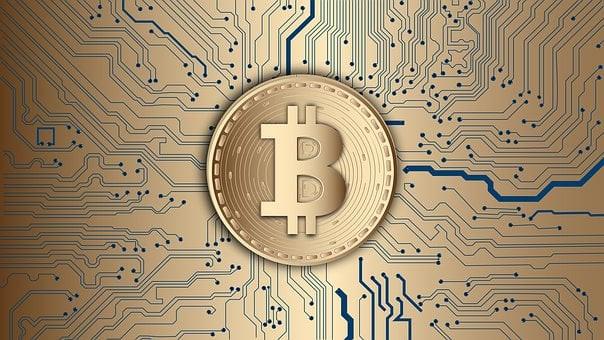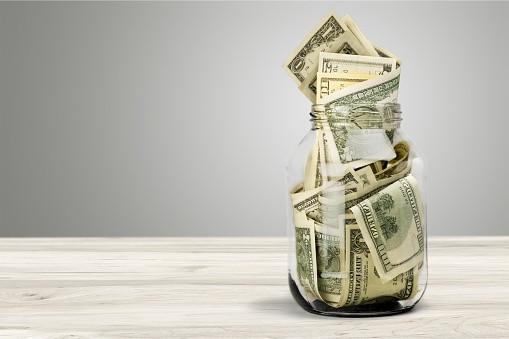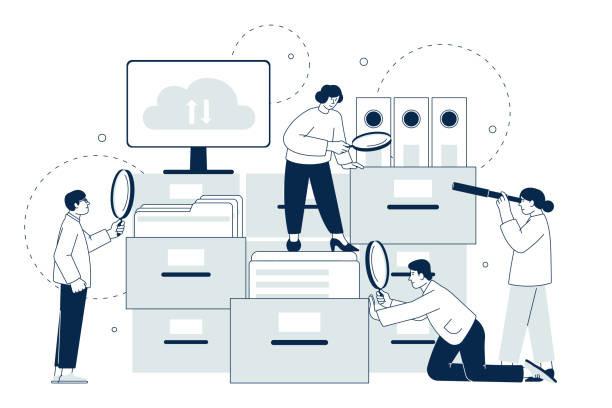The Real Problem With Centralized Banks And Why Crypto Is Inevitable
Curated from: forbes.com
Ideas, facts & insights covering these topics:
7 ideas
·476 reads
Explore the World's Best Ideas
Join today and uncover 100+ curated journeys from 50+ topics. Unlock access to our mobile app with extensive features.
Why cryptocurrencies exist
The goal of Satoshi Nakamoto's invention of Bitcoin was to enable two willing parties to transact directly without needing a trusted third party.
The reason is that modern banks have flaws and disadvantages to the consumer. Due to their centralized nature, they can be unreliable, vulnerable to security threats, charging fees and even biased. This is why cryptocurrencies will pave the way for a better banking and payments experience in the future.
9
91 reads
Unreliability of traditional centralized banks
You entrust your money to banks, and in turn, they become gatekeepers of your finances. If you use mobile banking and their servers are down, you can't access your finances unless you go to the local ATM and withdraw cash.
Cryptocurrencies never go out of service as they use automated systems and are always accessible. Cryptocurrencies are bought through crypto exchange platforms and stored in safe and secure crypto-wallets. They are decentralized and operate very securely.
9
80 reads
Crazy banking fees
Banks make over $15 billion a year in overdraft fees. But fees can take many other forms, including late penalties, returns, using an out-of-network ATM, money transfers, inactivity, international remittances fees, and customer support.
Cryptocurrencies don't charge you so many fees for transactions. The most common fees for crypto transactions are called gas fees, a reward given to miners for entering transactions on the blockchain or executing the transactions.
9
71 reads
Transactions can take a long time
With centralized banks, large amounts of cash or international payments can take a week or more.
Cryptocurrency transactions are quick and can handle more daily transactions than traditional banking systems. The financial service issuing officer can deliberately delay transactions or even freeze your assets. Thousands of people have their life savings frozen by banks and exchanges every month.
9
56 reads
Bank transactions and financial services are open to biases
Bank transactions depend on account numbers and personal information, making them open to biases.
Cryptocurrencies don’t judge or profile you. The decentralized nature minimizes human interactions, which makes them free from biases.
9
61 reads
Data collection
Many platforms today share your data with third parties.
Centralized banks can share your personal and sensitive data, such as passport or ID information, residence address, SSN, and employment information with their affiliates or partners or third-party buyers,
9
59 reads
Security Issues
According to a survey by Accenture, banks suffer an average of 85 attempted serious cyber attacks a year, and one-third are successful. As a result, some people lose large sums of cash from their accounts or get scammed. The systems are also prone to fraud and especially money embezzlement.
Crypto relies on a distributed network of computers all over the world. Crypto is more secure and reliable because it uses anonymous ID numbers in transactions and is tamper-resistant.
9
58 reads
IDEAS CURATED BY
Sarah Moreno's ideas are part of this journey:
Learn more about economics with this collection
How to create and sell NFTs
The future of NFTs
The benefits and drawbacks of NFTs
Related collections
Similar ideas
3 ideas
14 ideas
What Is Decentralized Finance?
addingvalues.xyz
5 ideas
4 DeFi Cryptos to Watch in 2022
fool.com
Read & Learn
20x Faster
without
deepstash
with
deepstash
with
deepstash
Personalized microlearning
—
100+ Learning Journeys
—
Access to 200,000+ ideas
—
Access to the mobile app
—
Unlimited idea saving
—
—
Unlimited history
—
—
Unlimited listening to ideas
—
—
Downloading & offline access
—
—
Supercharge your mind with one idea per day
Enter your email and spend 1 minute every day to learn something new.
I agree to receive email updates




